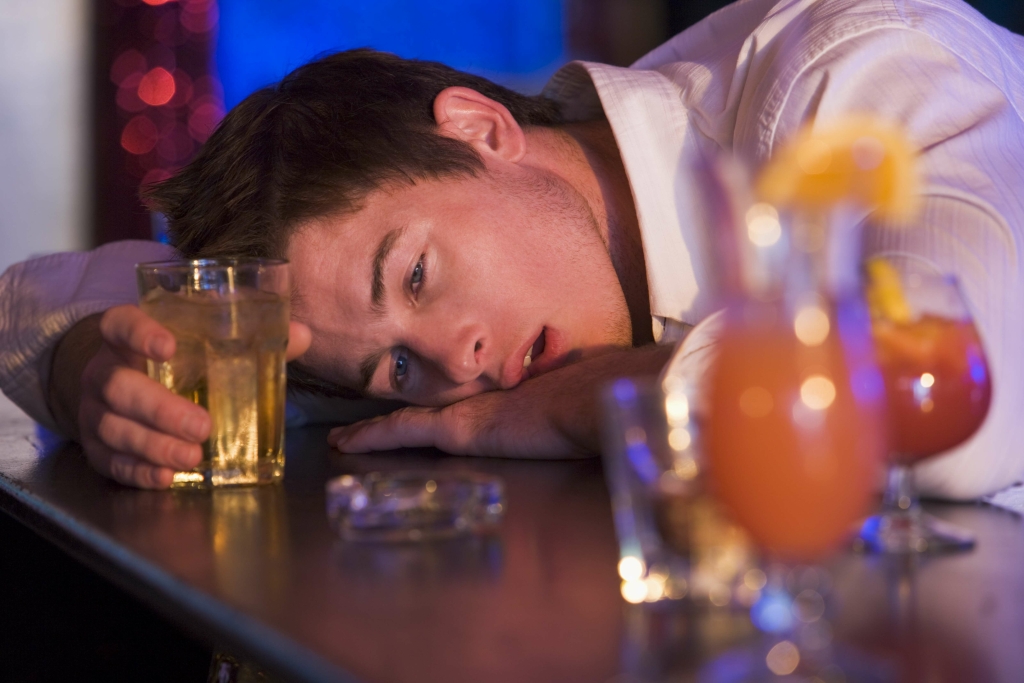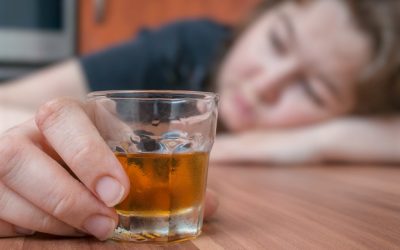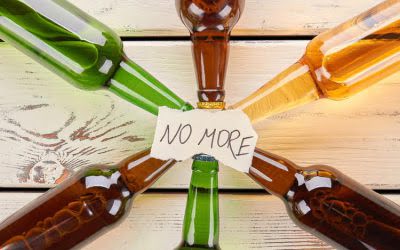Alcohol and Diabetes: Effects, Guidelines, and Risks
Alcohol can also affect other medical conditions you may have, like diabetic nerve damage, diabetic eye disease, and high blood triglycerides. If you currently drink alcohol or aren’t sure if alcohol is safe for you to drink, it’s best to talk with your healthcare provider about the risks and benefits. Your provider should consider your overall health, how well your diabetes is managed, medications that you are taking, and other health issues you may have. It is particularly important to be mindful of low blood glucose. Hypoglycemia is a frequent and substantial problem after alcohol consumption, in people with both type 1 and type 2 diabetes.

Other concerns around drinking alcohol and low blood sugars include:
For reference, a margarita can weigh in at upwards of 300 calories and a White Russian may contain approximately 400 calories. Some health experts and health organizations (including the World Health Organization) state that no amount of alcohol is safe for health. It sits in a gray area, but here’s what you should know about both the risks and how you can indulge safely. Research also indicates that flavonoids, which are found in red wine, can reduce the risk of diabetic retinopathy, a diabetes-related complication that damages blood vessels in the eyes. Nevertheless, it would be wise for GLP-1 users to remain careful with alcohol.
Does alcohol affect blood sugar levels in diabetes?
Check with your healthcare provider to see if drinking alcohol is safe for you. This will depend on many things, such as your age, other health conditions, and the number and type of medicines you take. Your provider or dietitian can also tell you how to fit alcohol into your diet. Doctors advise some people with diabetes to abstain from alcohol for reasons unrelated to their blood sugar. The Department of Veterans Affairs (DVA) warns that individuals with diabetes may have other conditions that alcohol could affect.
- Low-quality studies presented a higher risk than moderate- and high-quality studies.
- The main function of your liver is to store glycogen, which is the stored form of glucose, so that you will have a source of glucose when you haven’t eaten.
- When results were stratified by BMI, the protective association was only found in overweight and obese women.
- Pregnant women who drink alcohol in any amount may harm the fetus.
Can I Drink Alcohol If I Have Type 2 Diabetes?
- The same goes for cream liqueurs such as Bailey’s Irish Cream and Kahlua.
- Alcohol can interfere with the effects of some diabetes medicines, putting you at risk for low blood sugar or high blood sugar (hyperglycemia), depending on how much you drink and what medicine you take.
- Alcohol can interact with diabetes medications and impact your blood sugar.
Drinking alcohol long-term can lead to hyperglycemia, or a high blood sugar level, for people that are well-nourished with diabetes. Being well-nourished with diabetes relates to diet, with meals that incorporate more fruits, vegetables, and whole grains while avoiding foods with extra carbohydrates, calories, and fat. For individuals with diabetes who are not well-nourished or have a lower-quality diet, hypoglycemia, or a low blood sugar level, can be a resulting impact of consuming alcohol.
Alcohol and diabetes medications
As a result, your blood sugar level can drop quickly, putting you at risk for low blood sugar (hypoglycemia). If you take insulin or certain types of diabetes medicine, it can cause seriously low blood sugar. Drinking without eating food at the same time also diabetes and alcohol greatly increases this risk.
- Overall, alcohol consumption leads to less predictable blood sugar levels, and this can be a risk.
- A reduced fat oxidative capacity and metabolic inflexibility are important components of muscle insulin resistance 29.
- However, it contains only 3.2 grams (g) of carbohydrates in a standard 12-oz (360-mL) can or bottle, compared with 12 g for the same serving in regular Miller beers.
- Giving glucagon nasally or by injection may not work to raise your blood sugar if you have been drinking alcohol (especially if you have been drinking excessively).

In fact, alcohol-induced hypoglycemia can happen up to 12 hours after drinking. Ask your doctor if you are healthy enough to drink alcohol or if you are on other medications that may not be safe to drink while taking. If you are insulin-dependent, your doctor may suggest adjusting your insulin doses while drinking. It’s not fully understood why drinking can increase your risk of getting diabetes, but it is known that alcohol can reduce the function of different organs including your liver and pancreas.
Patients & Visitors

These provide around 13 g of carbs, of which 12 g are from sugar, for every 2 oz (60 g) of liqueur. As an added complication, there is a substantial overlap between the feeling of tipsiness (or alcoholism symptoms drunkenness) and the symptoms of hypoglycemia. Both conditions can make you feel woozy, wobbly, hungry, tired, or confused.
